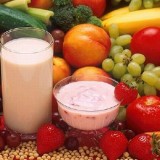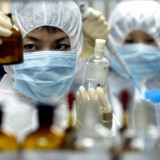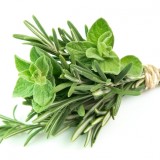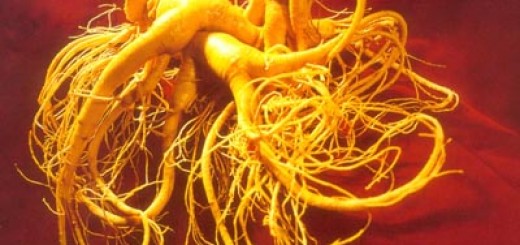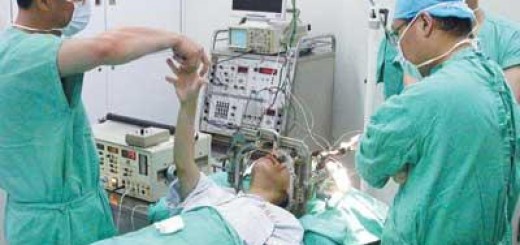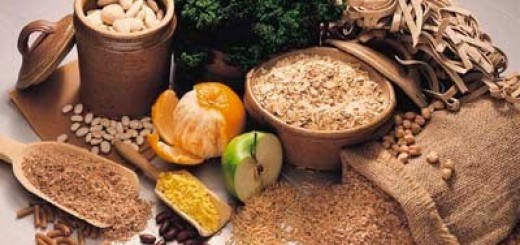Stomach cancer or gastric cancer, is when cancer develops from the lining of the stomach. Globally stomach cancer is the fifth leading cause of cancer and the third leading cause of death from cancer making up 7% of cases and 9% of deaths. Stomach cancer occurs most commonly in East Asia and Eastern Europe and it occurs twice as often in males as in females.
Cancer of the stomach is difficult to cure unless it is found at an early stage (before it has begun to spread). Unfortunately, because early stomach cancer causes few symptoms, the disease is usually advanced when the diagnosis is made. Treatment for stomach cancer may include surgery, chemotherapy, and/or radiation therapy. The use of chemotherapy to treat stomach cancer has no firmly established standard of care. Unfortunately, stomach cancer has not been particularly sensitive to these drugs, and chemotherapy, if used, has usually served to palliatively reduce the size of the tumor, relieve symptoms of the disease and increase survival time. Also, coming with chemotherapy are severe toxic effects, including leukopenia (a drop in your blood WBC counts, causing increased risk of infection), feeling or being sick, hair loss or thinning, diarrhoea, a sore mouth or mouth ulcers, etc.
Ginseng has been widely used in oriental countries for thousands of years, and has been confirmed it has extensive pharmacological effects, including anti-cancer effect. Due to its wide range of therapeutical concentration, it is considered to be safe and can be used in a variety of health conditions.
A recent report demonstrated that PPD, an ingredient with the strongest anti-cancer activity, can markedly retard the growth of stomach cancer by inducing cancer cell apoptosis. The research was published on Chinese Journal of Gerontology 2011, 31(5).
To evaluate the PPD’s effect, a stomach cancer model was created on mice. PPD at 25, 50 and 100mg/kg.d were administered, and cyclophosphamide served as the positive control. After 4 weeks of PPD intervention, the tumor was evaluated for size and weight, and histological examination was used to assess the apoptosis (programmed cell death) in the tumor. The results showed the tumor size and weight in PPD treatment were significantly smaller than those in the control group. Also, the higher the PPD dose, the smaller the tumor size and weight. In histological staining, the percentage of apoptotic cells is positively related to the PPD dose.
Taking into consideration its non-toxic feature and anti-cancer activity, PPD could be a potential adjuvant medication for gastric cancer treatment.

























